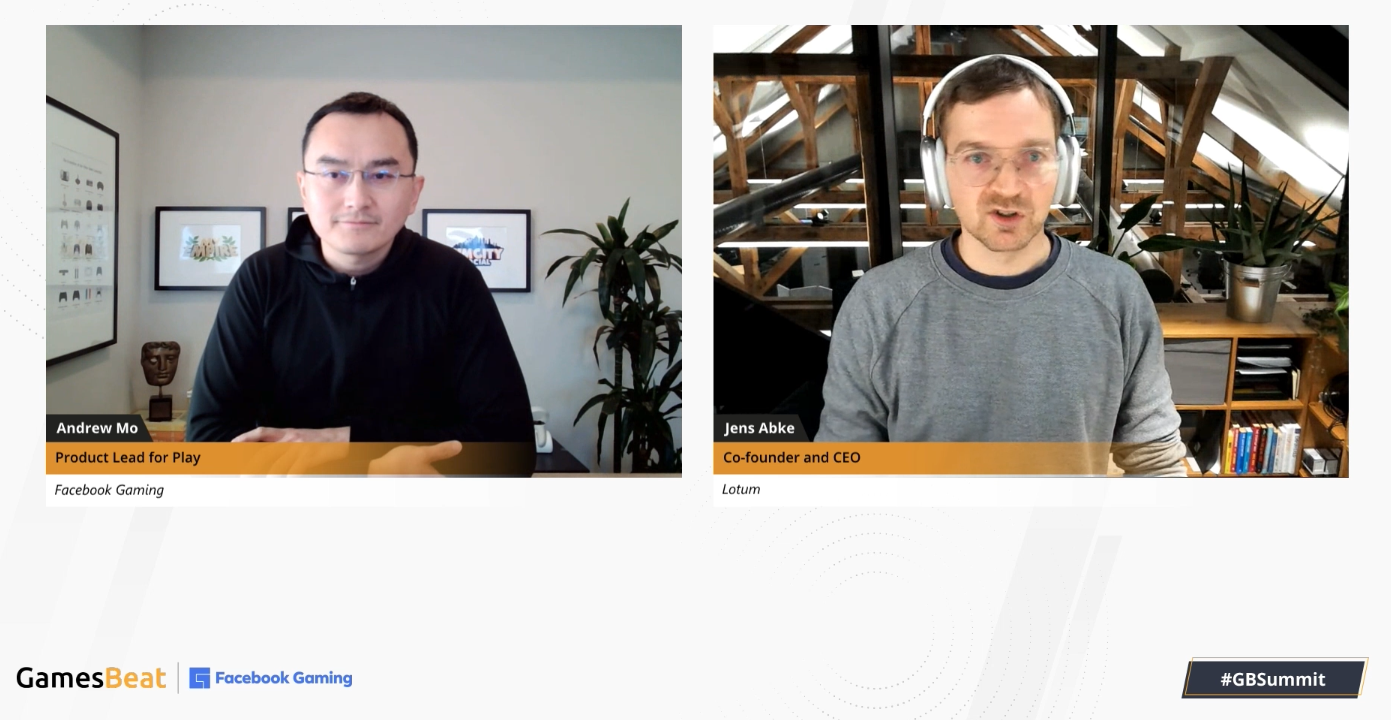Lotum has been building native mobile games on Facebook Gaming platforms since 2012, including its launch of 4 Pics 1 Word. Later on, they were able to launch games like Quiz Planet and Word Blitz, not just on Instant Games but on the Apple and Google Play stores. With the number of changes happening in the native mobile ecosystem, especially in iOS 14.5, the company, which is on the smaller side at 40 employees, has had to recalibrate its monetization and user acquisition strategies.
The launch of Facebook Gaming’s more robust cross-play features is aimed at breaking down the silos between user bases, whether they’re the players who come in through the Gaming tab on Facebook or those on native who were acquired through ad strategies.

Unlock premium content and VIP community perks with GB M A X!
Join now to enjoy our free and premium membership perks.
![]()

![]()